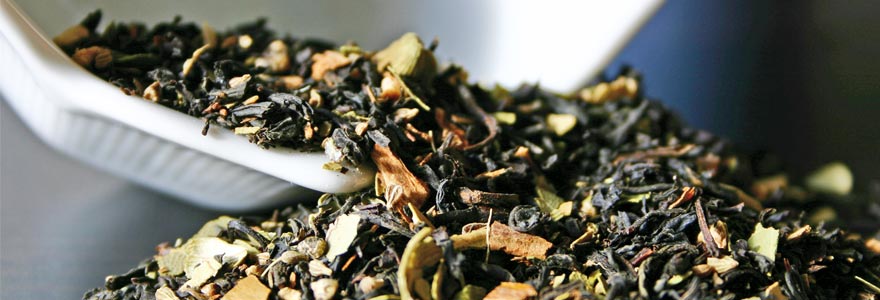

Theanine is non-addictive, is not known to cause brain damage, and has an extremely low toxicity relative to dose.

Additional experience reports can be found here: There are currently no anecdotal reports which describe the effects of this compound within our experience index. Addiction suppression - Some anecdotal reports suggest that theanine may mitigate some of the effects of opioid withdrawal.

Theine effects full#
It is also worth noting that these effects will not necessarily occur in a predictable or reliable manner, although higher doses are more liable to induce the full spectrum of effects. As a result, they should be viewed with a healthy degree of skepticism. These various changes in neurotransmitter levels contribute to the calming and nootropic properties of theanine.ĭisclaimer: The effects listed below cite the Subjective Effect Index ( SEI), an open research literature based on anecdotal user reports and the personal analyses of PsychonautWiki contributors. It also affects serotonin in a manner which is still a matter of debate in the scientific community, with separate studies showing increases and decreases in brain serotonin levels using similar experimental protocols. Theanine increases dopamine, GABA, and glycine levels in various areas of the brain. In addition, it inhibits glutamine transporters and glutamate transporters, and thus acts as reuptake inhibitor of glutamine and glutamate. It acts as an antagonist of the former two sites and as an agonist of the latter site. Specifically, it binds to ionotropic glutamate receptors including the AMPA and kainate receptors and, to a lesser extent, the NMDA receptor. Theanine is structurally similar to the excitatory neurotransmitter glutamate, and in accordance, binds to glutamate receptors, though with much lower affinity in comparison. Theanine is understood to refer to the levorotary enantiomer, which is well documented, rather than the relatively unresearched dextrorotary enantiomer. Also substituted at R 5 of the pentanoic group is an ethylamino chain connected at its amino constituent. Its structure is comprised of a five carbon straight chain carboxylic acid called pentanoic acid, which is bonded to an amino group at R 2, and an additional ketone group at R 5. Theanine, or N-ethyl-L-glutamine, is an amino acid analogue of L-glutamine. The combination of L-theanine and caffeine may improve attention more than caffeine alone. Ī recent systematic review of the effects of theanine and caffeine has confirmed that the combination seems to improve aspects of attention. Its ability to enhance attention has been repeatedly verified. It is often taken in combination with caffeine as it has been shown to mitigate its negative aspects, such as anxiety, increased blood pressure and diminished sleep quality, while possibly improving upon the positive aspects. This compound is used as a nootropic for its calming and relaxing properties. The opposite D-enantiomer has far less studied pharmacologic properties, but is present in racemic chemical preparations, and substantially in some studied theanine supplements. The appearance of the name "theanine" without a prefix is understood to imply the L- enantiomer, which is the form found in fresh teas and in some, but not all dietary supplements. It was discovered as a constituent of green tea in 1949 and in 1950 was isolated from gyokuro leaves, which have high theanine content. L-Theanine (also known as Theanine, L-γ-glutamylethylamide and N5-ethyl-L-glutamine) is an analog of the amino acids of glutamate and glutamine. It is not a recommendation and should be verified with other sources for accuracy. See responsible use section.ĭISCLAIMER: PW's dosage information is gathered from users and resources for educational purposes only. WARNING: Always start with lower doses due to differences between individual body weight, tolerance, metabolism, and personal sensitivity. N-ethyl-L-glutamine (2S)-2-ammonio-5-(ethylamino)-5-oxopentanoate Theanine, L-Theanine, L-γ-glutamylethylamide and N5-ethyl-L-glutamine


 0 kommentar(er)
0 kommentar(er)
